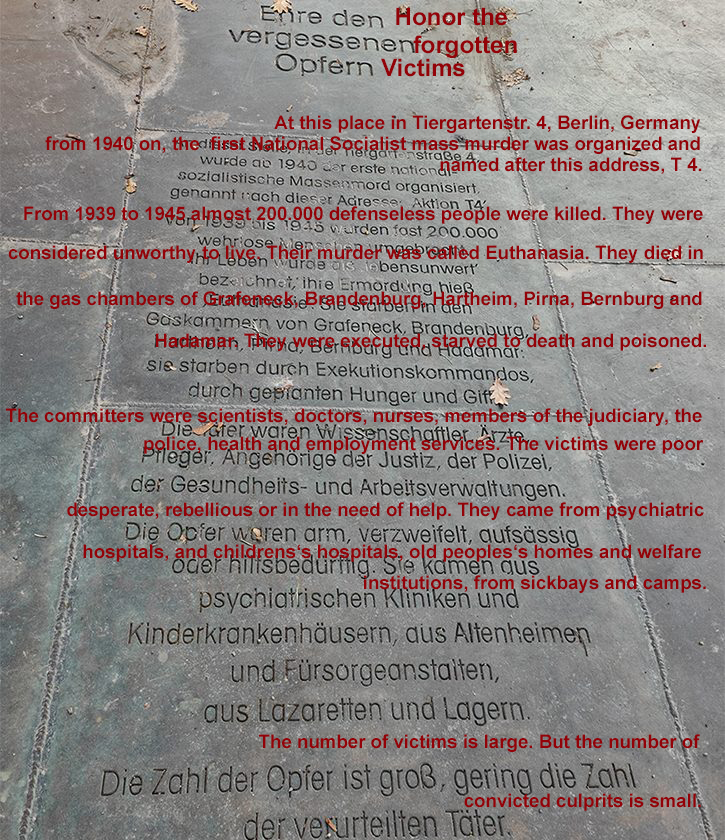The Holocaust, the systematic, state-sponsored persecution and murder of 6 million Jews by the National Socialist (Nazi) regime and its collaborators, is arguably the most extreme instance of crimes against humanity and genocide in history. During its reign of terror, the Nazi regime committed innumerable acts of violence against Jews, Sinti and Roma, people with disabilities or psychiatric illnesses, political prisoners, prisoners of war, LGBTQ people and others. A distinctive and disturbing feature of these atrocities is the important role that health professionals played in formulating, supporting, and implementing inhumane and often genocidal policies. After World War 2, these crimes were important factors that contributed to the establishment of contemporary health professional ethics. Learning about, and reflecting upon this history can have various benefits for learners and practitioners of health sciences, as well as the patients and communities they serve. Health sciences curriculums, however, rarely cover this topic. The core values and ethics of health care are fragile and need to be protected. They require constant critical assessment and reinforcement.
https://www.thelancet.com/commissions/medicine-and-the-holocaust

